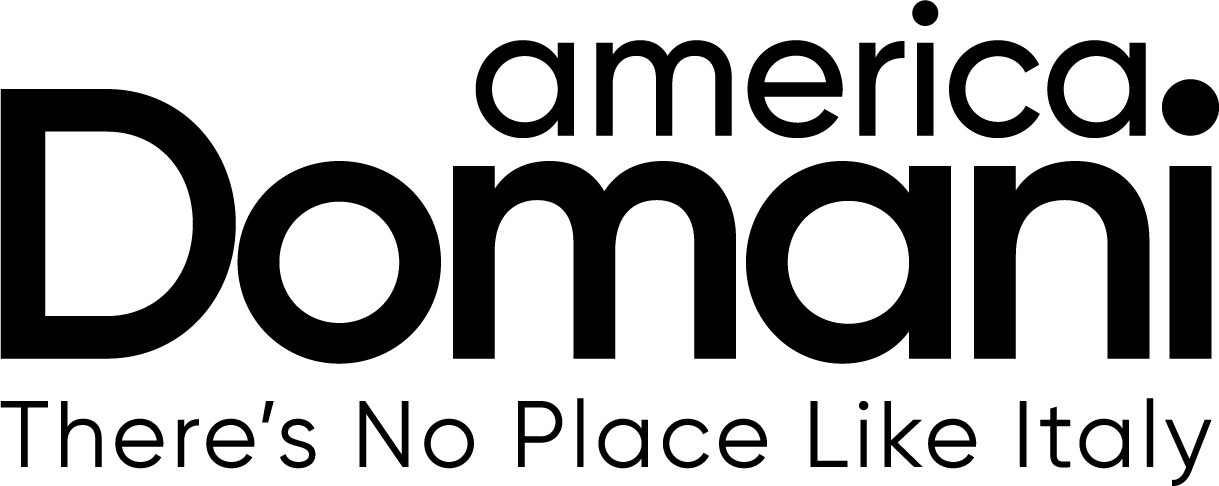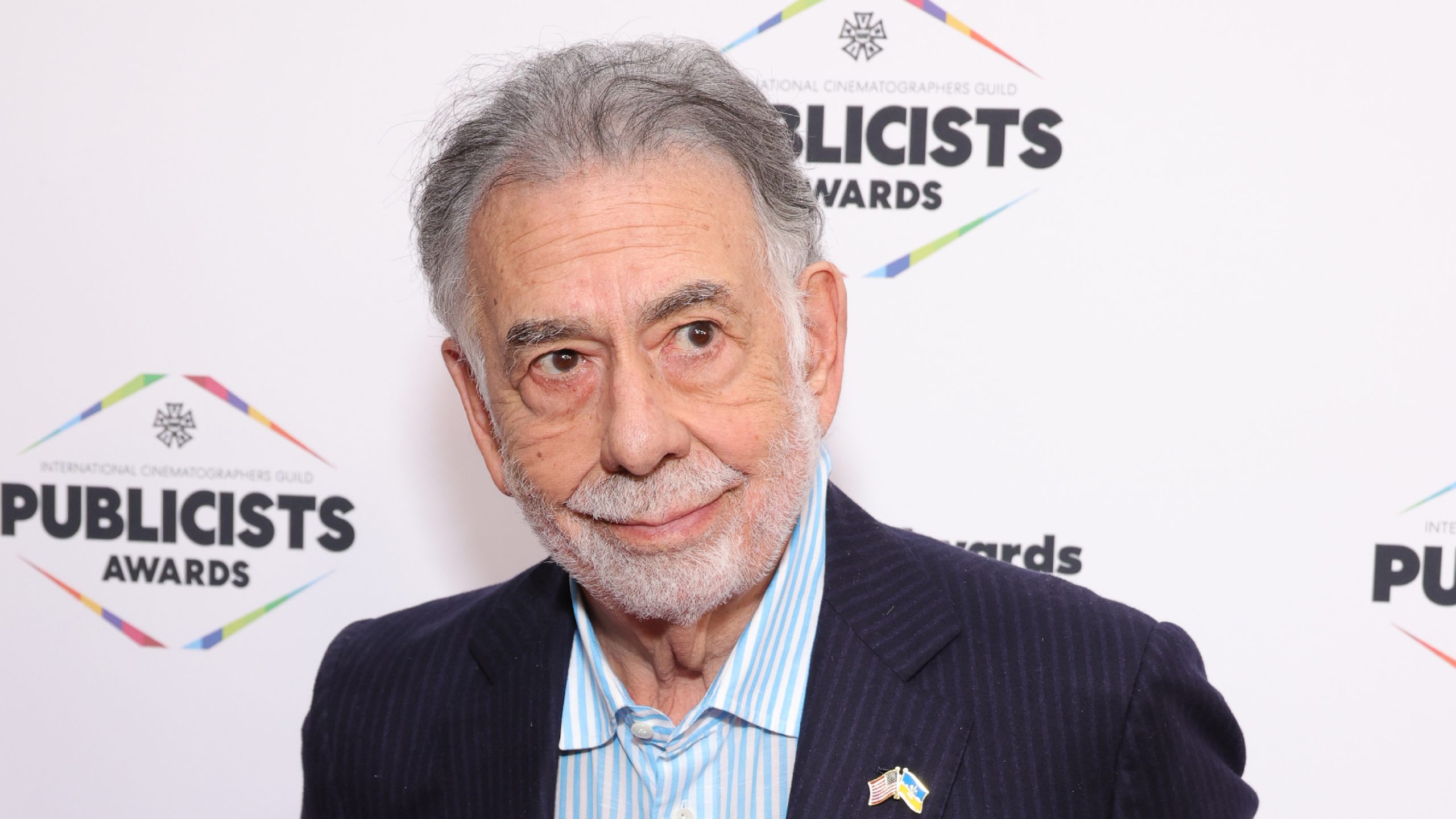American cinema would look dramatically different without the dynamic genius of Francis Ford Coppola. An icon of the "New Hollywood" wave, Coppola infused fresh vitality into a languishing art form through his ingenious direction. His cinematic expertise has propelled him to a staggering 14 Oscar nominations and a triumphant collection of 6 Academy Awards. From his creative writing to his directorial magic, America Domani presents an epic lineup of 7 Francis Ford Coppola films that demand a prime spot on your cinematic bucket list.
Patton (1970)
Although not in the director's chair, Coppola's creative prowess shone as he wrote the screenplay for the epic biographical film chronicling the life of one of America's most legendary military leaders. Patton, the portrayal of General George S. Patton, takes audiences on a journey through his transformation into a World War II general. The narrative captures pivotal moments of his wartime achievements, from his African campaigns to the historic Invasion of Normandy. This cinematic triumph clinched 7 Academy Awards, with Coppola earning the accolade for Best Original Screenplay, a testament to his exceptional storytelling abilities.
The Godfather Trilogy (1972)
The release of The Godfather Trilogy revolutionized the movie industry, reshaping it forever. Collaborating closely with his friend and writer Mario Puzo, this dynamic duo crafted a cinematic saga inspired by Puzo's novel, chronicling the journey of an Italian immigrant seeking a better life in America. Across the trilogy, Coppola masterfully takes us through the intricate narrative of the Corleone family, as they ascend the ranks of the criminal underworld. Originally slated for a fourth installment, plans were changed following Puzo's passing, as Coppola chose to shelve the project out of deep respect and a profound sense of loss for his dear friend.
The Conversation (1974)
After completing The Godfather Part II, Coppola decided to explore a different cinematic territory, stepping into the thriller genre with The Conversation. Infused with just the right dose of tension and paranoia, the movie centers around Henry Caul, played by Gene Hackman, a surveillance expert consumed by an audio recording of a mysterious conversation. Departing from the conventional thriller formula, the film skillfully intertwines characters involved in the Watergate scandal. As the narrative gradually intensifies, audiences are drawn into a captivating experience. The Conversation earned 3 Academy Award nominations in categories such as Best Picture, Best Screenplay, and Best Sound.
Apocalypse Now (1979)
Venturing into uncharted territory, Coppola took on the monumental task of creating Apocalypse Now, which is widely regarded as one of the most exceptional war films ever made. Undeterred by challenges, Coppola went on a daring journey to bring this cinematic masterpiece to life. The story unfolds with a young Benjamin Willard, portrayed by Martin Sheen, embarking on a secret mission to assassinate the enigmatic Walter E. Kurtz, played by Marlon Brando. Against the backdrop of the Vietnam War, this film transcends conventional war narratives, offering a unique perspective that delves into the psyche of soldiers and their classified missions. It's a riveting departure from traditional battle sequences, offering an intimate glimpse into the inner workings of these characters' minds.
The Outsiders (1983)
The Outsiders catapulted a talented ensemble of emerging young stars into the spotlight of American cinema. Boasting a lineup including Tom Cruise, Emilio Estevez, Patrick Swayze, Rob Lowe, Diane Lane, C. Thomas Howell, and Ralph Macchio, this film provided an early glimpse into their future stardom before they skyrocketed to success. Adapted from S.E. Hinton's novel, Francis Ford Coppola takes his audience on a journey, delving into the lives of a youthful gang as they navigate the challenges of lower-class poverty and confrontations with affluent peers, capturing the clash of worlds and the intensity of their experiences.
Rumble Fish (1983)
Rumble Fish marked Coppola's creative exploration into the realm of the French New Wave film movement, propelling him in a fresh artistic direction. Capturing the essence of teenage turmoil and drama from S.E. Hinton's novel of the same name, Coppola's artistic vision breathed life into the screen. The black-and-white film delves into the complex dynamics between "Motorcycle Boy," a former gang leader yearning for tranquility, and his younger brother, a teenage delinquent aspiring to emulate his elder sibling. Bolstered by a talented supporting cast including Mickey Rourke, Matt Dillon, and Diane Lane, Rumble Fish defied conventions of style and direction. For many, it stands as an exceptional response to Coppola's earlier work, The Outsiders.
Bram Stoker’s Dracula (1992)
This marked Coppola's introduction into the horror genre, as he brought his vision to this classic horror novel. Overflowing with gothic costumes, bloodshed, and gruesome scenes, Coppola transformed this horror romance into a work of art. Featuring Gary Oldman as the iconic Dracula and Winona Ryder as Mina Murray, the object of Dracula's affection, the film effortlessly combines beauty and brutality. The narrative unfolds to reveal monsters, creatures, and humanity all entangled in their cravings for violence, with Anthony Hopkins making a striking entrance as the monster hunter Van Helsing.
AJ Forrisi
Assistant Editor for America Domani, AJ Forrisi is a Brooklyn-based writer and photographer. His work focuses on food, travel, sports, landscapes, and urban scenes. You can find him on Instagram @aj.photo.works.

